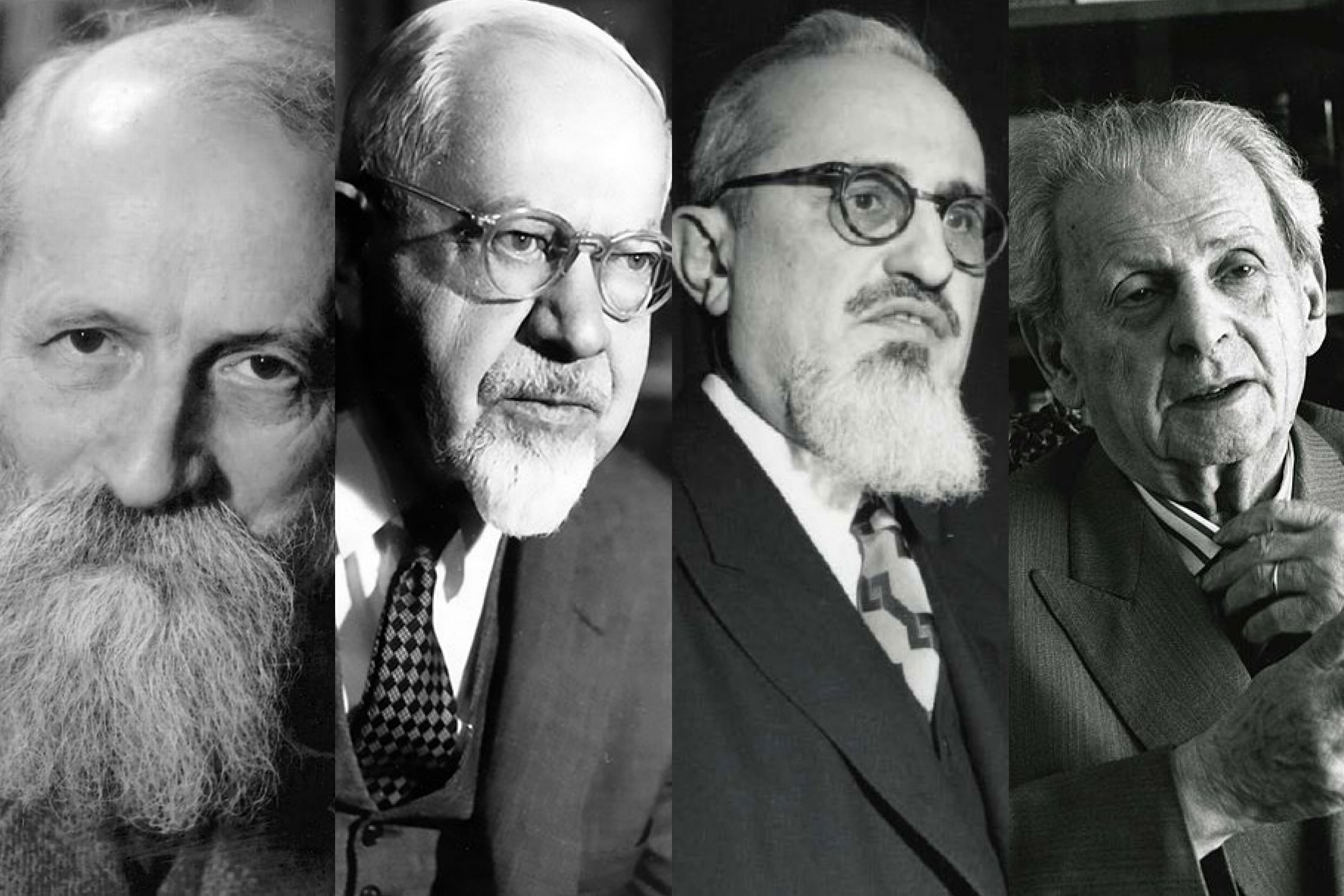Modern Jewish Philosophy: 'Mordecai Kaplan: Judaism as Civilization'

Event description
- Academic events
Led by Hava Tirosh-Samuelson (ASU).
About the lecturer: Hava Tirosh-Samuelson (Ph.D. Hebrew University, 1978) is Regents Professor of History, Irving and Miriam Lowe Professor of Modern Judaism, and Director of Jewish Studies at Arizona State University in Tempe, AZ. She focuses on Jewish intellectual history, religion and science, and religion and ecology. In addition to over 60 essays and book chapters, she is the author of Between Worlds: The Life and Thought of Rabbi David ben Judah Messer Leon (1991), Happiness in Premodern Judaism: Virtue, Knowledge, and Well-Being in Premodern Judaism (2003), and Religion and Environment: The Case of Judaism (2020). She is also the editor of several volumes, including: Judaism and Ecology: Created World and Revealed World (2002); Women and Gender in Jewish Philosophy (2004); Judaism and the Phenomenon of Life: The Legacy of Hans Jonas (2008); Building Better Humans? Refocusing the Debate on Transhumanism (2011); Jewish Philosophy for the Twenty-First Century: Personal Reflections (2014); Perfecting Human Futures: Transhuman Visions and Technological Imaginations (2016); and the Future of Jewish Philosophy (2018). Professor Tirosh-Samuelson is the editor-in-chief of the LIBRARY OF CONTEMPORARY JEWISH PHILOSOPHERS (2012-2018), a series of 21 books that features outstanding Jewish thinkers today. Tirosh-Samuelson is the PI or Co-PI of several large externally funded projects on religion, science, and technology. She is a Fellow of the International Society of Science and Religion (ISSR) and serves on the academic board of Zygon: Journal of Religion and Science. She also manages the international society, Judaism, Science and Medicine Group (JSMG) and organizes its annual conferences.
About the series: A close examination of three leading Jewish philosophers who articulated distinctive pathways to being Jewish in the modern world: Martin Buber (1878–1965) focused on ethics; Joseph Soloveitchik (1903–1993) highlighted the rational interpretation of Jewish Law (Halakhah); and Mordecai Kaplan (1881–1983) offered a sociocultural, evolutionary interpretation of Judaism. These three thinkers have shaped how modern Jews, especially in the U.S., have framed the meaning of being Jewish, and they invite us to think anew about what Judaism means to us. Cosponsored by VOSJCC.